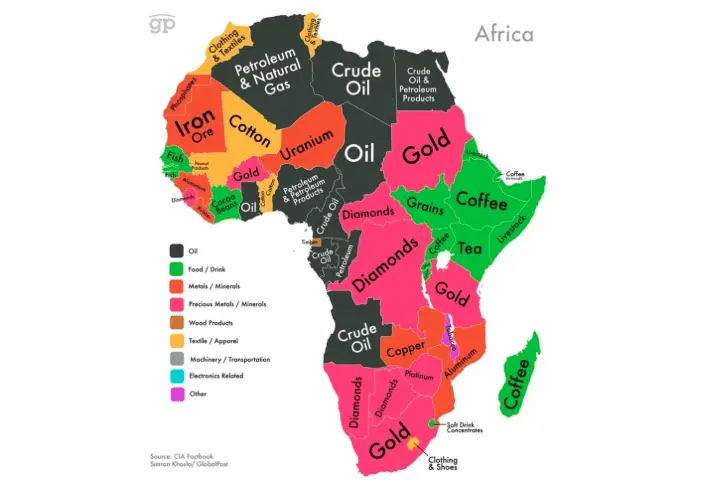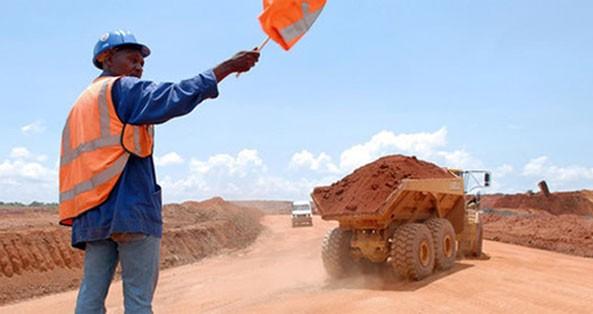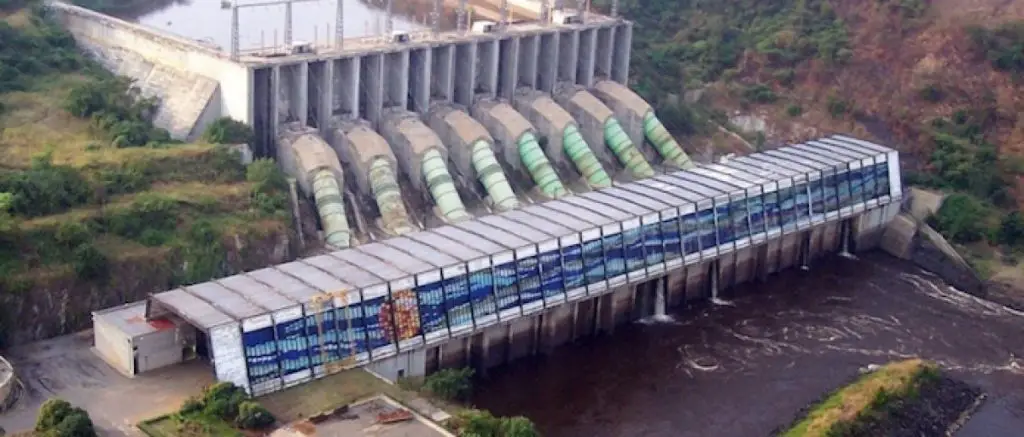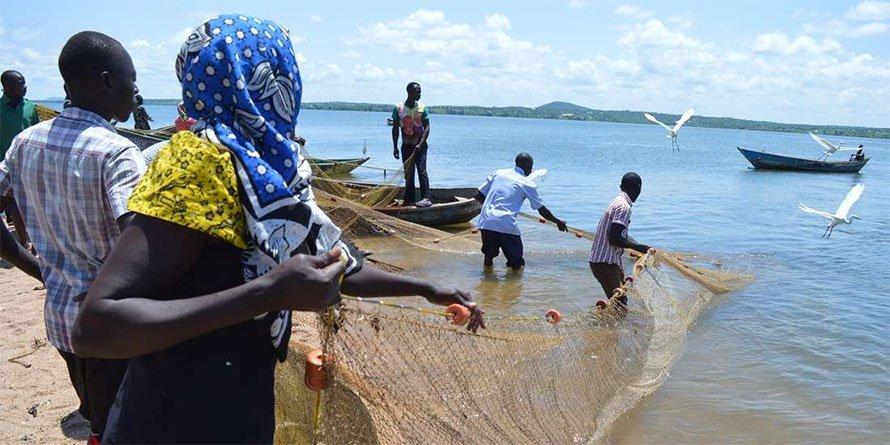- The Washington Accords and Rwanda DRC Peace Deal
- Binance Junior, a crypto savings account targeting children and teens debuts in Africa
- African Union Agenda 2063 and the Conflicts Threatening “The Africa We Want”
- New HIV prevention drug is out — can ravaged African nations afford to miss it?
- From banking to supply chains, here’s how blockchain is powering lives across Africa
- Modern railways system sparks fresh drive in Tanzania’s economic ambitions
- Viktoria Ventures honoured for advancing angel investing across Africa
- FSD Africa rolls out $30 million venture fund to speed up insurtech innovation
Author: Rose Kwamboka
Africa’s human development cannot proceed until the first and most basic need—food—is met. A report by AusAID titled Improving food security in Africa reveals that over two-thirds of the population relies on agriculture for income and basic food needs. With food, fuel, and fertiliser crises that have followed the extended Russia-Ukraine crisis, the World Bank has described the current conditions in sub-Saharan Africa as “the perfect storm,” which includes the COVID-19 pandemic, skyrocketing inflation, a growing debt burden, and harsh weather. The World Food Programme’s 2022 Global Report on Food Crises estimates that 140 million people across Africa are experiencing…
Uganda Bureau of Statistics has indicated that the country’s inflation has for the first time since 2012 hit double digits, rising to 10 per cent in September 2022 from 2.7 per cent in January 2022 and 4.9 per cent in April 2022.
It is said that inflation above an annual average of 5 per cent retards economic growth and derails economic development.
According to an article titled Uganda grapples with soaring inflation amid persistent global uncertainties, the rise in inflation has been brought about by issues such as tightening of global financial conditions, which triggered investors’ exit from the domestic debt market, thus stoking depreciation pressures on the Uganda Shilling; the Russia-Ukraine conflict, which disrupted global production and supply chains; extended drought in some regions of the country; and increased global commodity prices.
Zimbabwe’s decades old inflation has been worsened by the Russia-Ukraine war. Inflation in Zimbabwe remains one of the highest globally and the only country in Southern Africa with headline inflation above 50 per cent.
Prior to the war, rising inflation in Zimbabwe, low foreign direct investments, unsustainable foreign debt levels and corruption were among a plethora of problems plaguing Zimbabwe’s economy.
Zimbabwe’s economic problems started surfacing in 1997 when the regime of the late Robert Mugabe paid unbudgeted pensions to veterans of the country’s 1970s liberation war, leading to a currency collapse. The situation got worse in 1999 when Zimbabwe sent its troops to fight in Democratic Republic of Congo civil war that also drew armies from Uganda, Rwanda and Angola. A violent land reform programme that displaced nearly 5,000 commercial farmers, precipitating the crisis. Disputed elections and human rights violations led to the country’s economic isolation, which has taken a serious toll on the economy.
Textiles and clothing are an essential part of everyday life and an important sector in the global economy, and more so Textile in Africa.
According to a report titled Circular economy in Africa: Fashion and textiles, in sub-Saharan Africa, the combined apparel and footwear market is estimated at $31 billion. The textile industry in Africa is estimated to grow at a compound annual growth rate of approximately 5 percent between 2019 and 2024. In addition, the production of cotton accounts for almost 7 percent of all employment in some low-income countries.
African countries boasted thriving textile industries in the 1970s and early 1980s. That was until the African market was flooded by what Kenyans call Mitumba (second-hand clothes), also called chagua in Rwanda, and salaula in Zambia, dealing the textile industry a blow leading to its deterioration.
Angola is also rich in other minerals like iron ores, diamonds, gold, marble and phosphate deposits. The embassy of Angola’s economic outlook indicates that from the 1950s through 1975, iron ores were explored in provinces such as Malange, Bié, Huambo, and Huíla, and average output reached 5.7 million tonnes per year between 1970 and 1974.
The most explored minerals were exported to Japan, Germany, and the United Kingdom, earning Angola US$50 million a year.
Angola’s phosphate deposits are estimated at 150 million tonnes, located in the provinces of Cabinda and Záire. These resources have so far been unexplored. In Southeastern Angola in the provinces of Namibe and Huíla, marble, granite, and quartz reserves abound. Marble is especially consumed in the local market, while black granite is on demand and exported to United States and Japanese markets.
One of the features of many countries that are endowed with abundant natural resources is that they save less than what is expected, considering the rents obtained from extracting and selling natural resources.
If the countries saved more, they would grow at a sustainable and faster rate. To gain a better understanding of sustainable development, it is useful to examine the concept of genuine saving.
Genuine saving is defined as public and private saving at home and abroad, net of depreciation, plus current spending on education to capture changes in intangible human capital, minus depletion of natural exhaustible and renewable resources, minus damage of stock pollutants (CO2 and particulate matter).
The country is one of the world’s poorest, with income per head estimated at US$678 in 2022 (up from US$501 in 2010). Across the country, an estimated two-thirds of households are impacted by food insecurity.
Eritrea has a Human Development Index (HDI) of 0.459 as of 2022, which puts it among the 15 least-developed countries on the planet.
The HDI measures average achievement in key dimensions of human development: a long and healthy life based on life expectancy at birth, knowledge based on expected years of schooling and a decent standard of living.
Mauritius, Seychelles and Algeria are the top three African countries with high HDIs of 0.804, 0.796 and 0.748, respectively, while Central African Republic, Niger and Somalia tail with very low HDIs of 0.397, 0.394 and 0.361, respectively.
The dam is to be built in six phases by either of two rival consortiums, one led by China’s Three Gorges Corporation which has said electricity could be generated within four to five years. A Spanish engineering giant Actividades de Construction Services (ACS), has suggested Inga 3 would take six years to build.
On completion, that complex is estimated to have an output capacity of 42 GW, generating more electricity than the world’s two biggest hydropower plants, Three Gorges on the Yangtze River in China (22.5 GW of generation capacity) and Itaipu in South America (14 GW of generation capacity), combined. This will make it the world’s largest power plant.
Displaced people
Inga III is expected to divert water and flood the Bundi Valley for use as a reservoir. This will displace over 35,000 people who may have to move in phase 1 and 25,000 people later, including many who Inga I and Inga II had already displaced.
Bundi Valley is historically home to sacred and ancestral sites, cemeteries and the disruption, loss of livelihood and identity are threatened by Inga III.
Lake Victoria’s fisheries support more than 3 million livelihoods and bring in US$500 million in revenues annually.
Nile Perch is the main fish caught in Lake Victoria. Fish maw – the air sack that aids the Nile Perch in floating and a Chinese delicacy – has been a major export source. Statistics from the Uganda Ministry of Agriculture indicate an increase in fish maw exports earning from US$27m in 2015, to US$31m in 2016, US$48m in 2017 and US$52m in 2018. These earnings exclude the earnings from Nile Perch and its eggs.
However, the lake has been invaded by water hyacinth – the floating, green mats of waxy leaves with purple blossoms – depriving the waters below of oxygen which makes it hard for aquatic life to survive.
That, plus overfishing which occurs when fishermen use undersized nets that catch fish before they reach maturity, rapid population growth, and pollution by wastewater, agro-pesticides and fertilisers threaten the future of fishing in Lake Victoria.
The University Scholarship Programme will facilitate a smooth transition for the top performers who attain a mean grade of A and A- and the best 2 students living with disabilities each year, from the KCB Foundation High School programme.
“The laptops are part of a deliberate effort by the Foundation to enable the scholars to effectively undertake their schoolwork as well as access their virtual class lessons” said Rosalind.
“We want our Scholars to have an equitable opportunity by continuing to access their class courses and complete their assignments on time. With many of them coming from marginalized communities, access to a laptop for purposes of following the classroom lessons or undertaking assignments was going to be a big challenge,” she added.


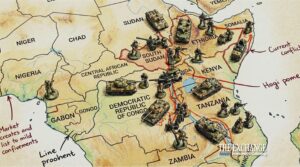




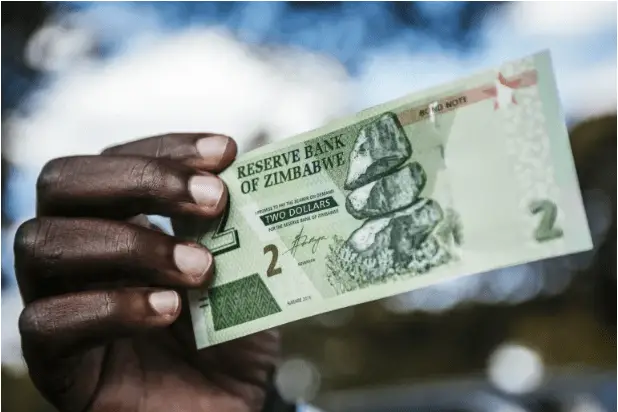
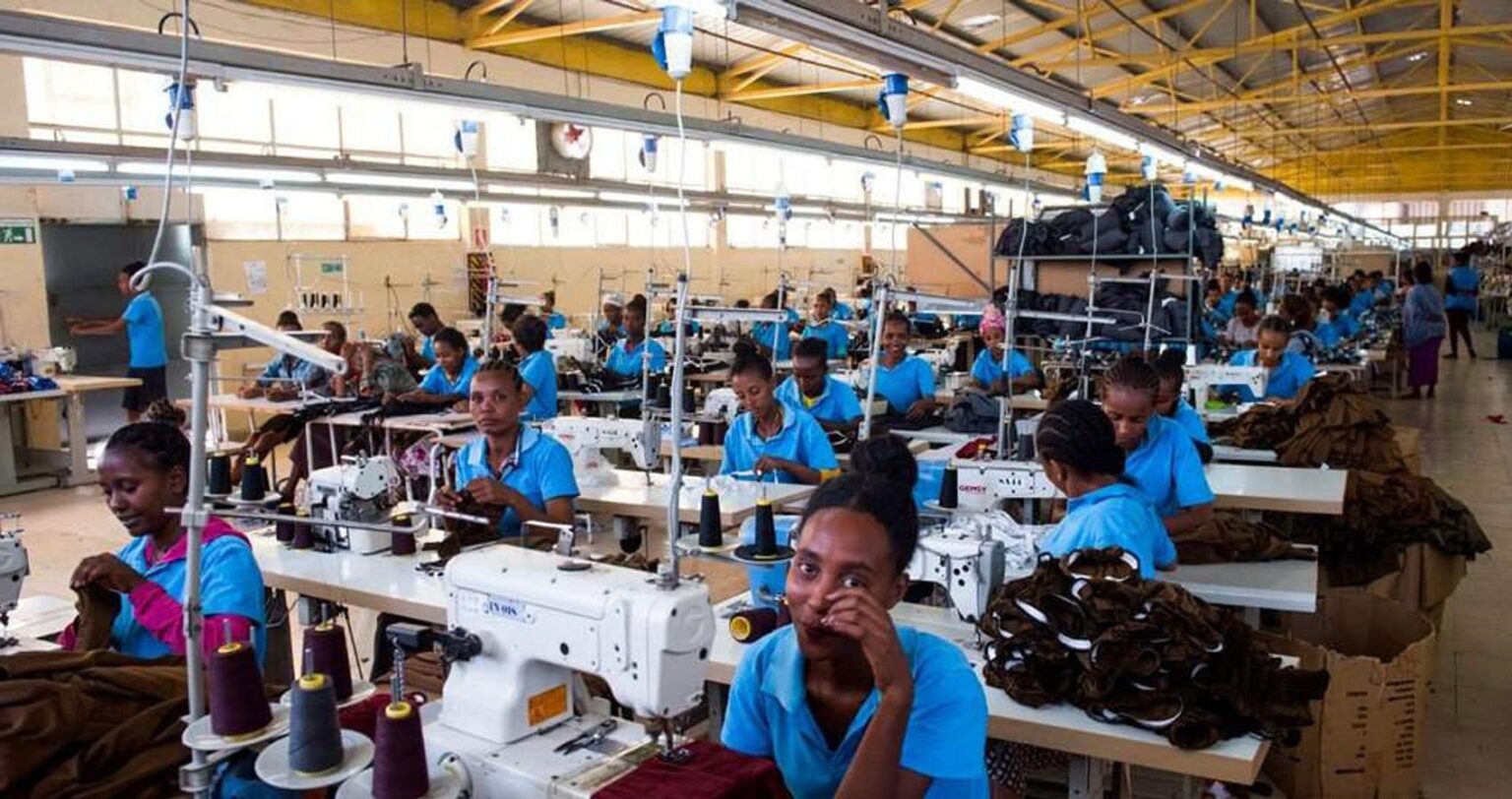
![Sectors to revive Angola’s heavily indebted economy Oil-extraction-in-Angola. [Photo: Financial Fortune]](https://theexchange.africa/wp-content/uploads/2022/10/ANgola.jpg)
